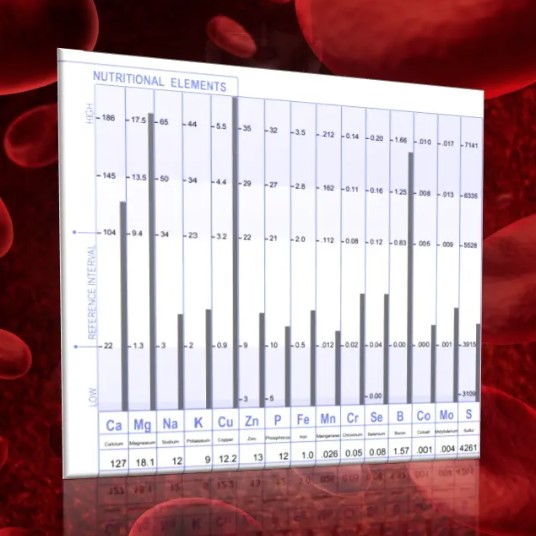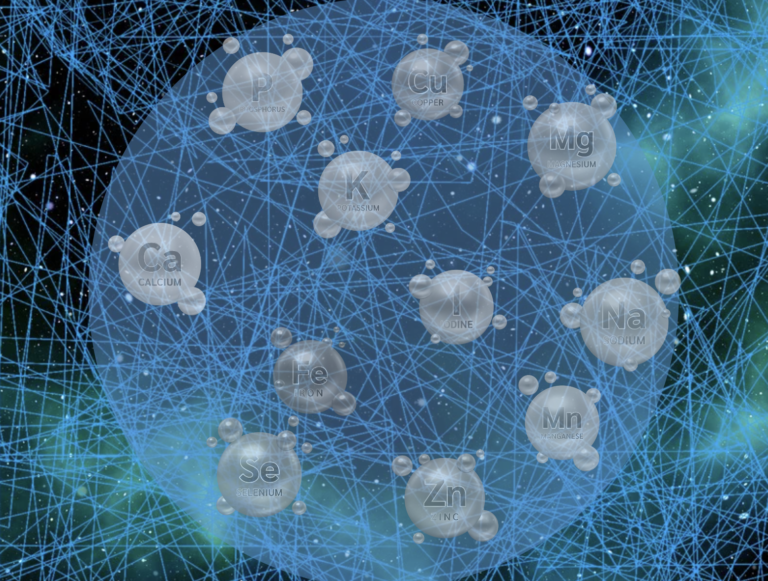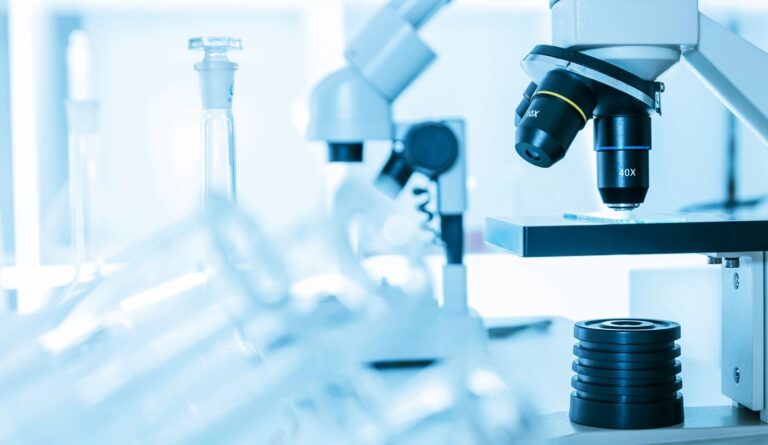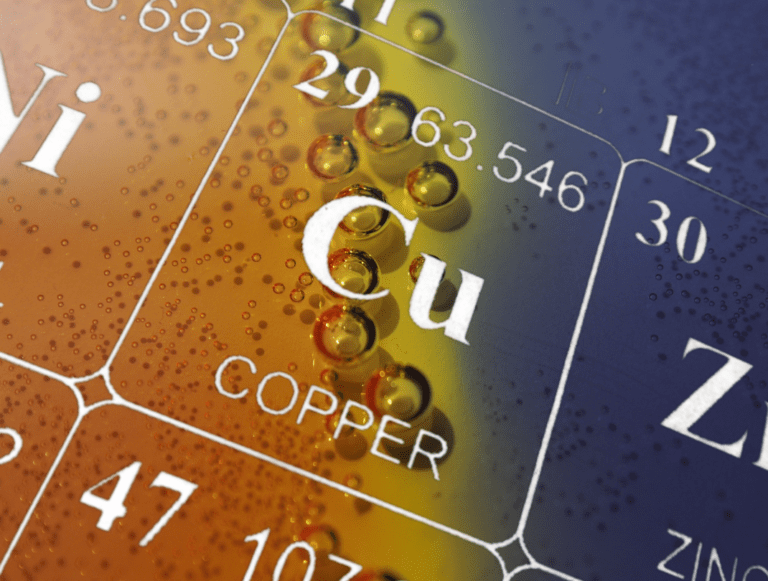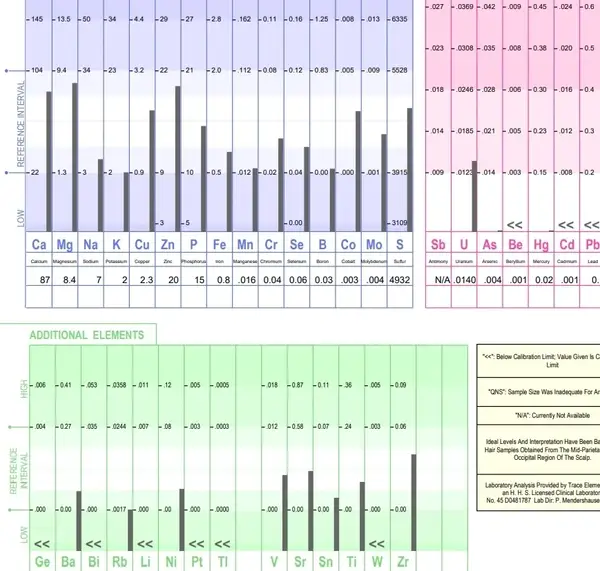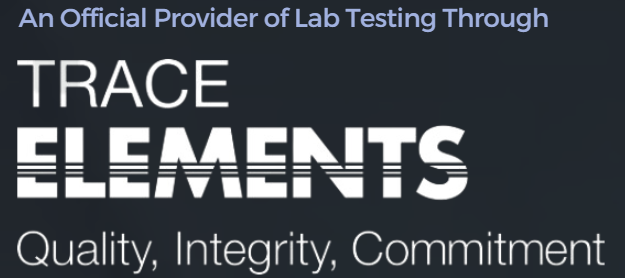Why do we need zinc?
Zinc is commonly known for its immune fighting ability. Indeed, zinc does strength our immune system and can help prevent viral replication within the cell. If taken within 24 hours of the start of symptoms, it can help reduce the duration and severity of a cold. Beyond immune support though, zinc have numerous other benefits. It nourishes the skin, boosts the reproductive system, increases the sense of taste and smell, and enhances brain activity. It’s essential for cell growth, protein production, carbohydrate metabolism, bone and teeth formation, DNA synthesis, and proper nervous system function.
For men, zinc is vital for the production of healthy sperm. Men need more zinc than women because the male semen contains about 100 times more zinc than what is found in the blood. The more sexually active a man is, the more zinc he will require. Zinc dosages of 50 mg a day may result in an increase in semen production and improve fertility. This supplementation is beneficial in conception by affecting the hormone levels in the body. It also help protect the prostate from cancer.
What are the symptoms of zinc deficiency?
Zinc deficiency can lead to impairment of taste and loss of appetite, poor immune system, and skin problems. Other symptoms may include diarrhea, hair loss, fatigue, slowed wound healing, infertility, low testosterone and impotence, soft nails with white lines, pale skin, acne, and decreased growth in infants.
Who’s most at risk for zinc deficiency?
People who are most inclined to have low zinc levels include those who:
- have low caloric intake, including anorexics
- consume high amounts of refined and processed foods (most zinc has been removed)
- consume high amounts of alcohol (zinc absorption is decreased while at the same time urinary zinc excretion is increased. This explains why at least 30%-50% of alcoholics are zinc deficient)
- have diabetes (zinc is used up in the making, secretion and storage of insulin)
- highly sexually active males
- have liver, kidney, or sickle cell disease, or cancer
- eat a vegetarian or vegan diet (some of the best sources of zinc (in terms of absorption) are from animal, poultry and seafood products. Additionally, the phytates in plants profoundly diminish zinc absorption).
- are pregnant or lactating
Other things that lead to low zinc levels or poor absorption include diuretics, certain antibiotics, refined sugar, excess copper (commonly found in multivitamins, birth control pills, IUDs, and water from copper pipes), low protein intake, and low levels of vitamin D.
How much zinc should I consume?
The recommended daily allowance (RDA) of zinc in individuals is 15 milligrams a day. Taking a zinc supplement is important for most people because, contrary to a mineral like copper, zinc on the other hand does not get stored in the body and thus needs to be replenished every day. If you fall into any of the categories of zinc deficiency risk mentioned above, you may benefit from zinc supplementation. The tolerance level however is highly individual, even between two people with equals needs for zinc. There is no “one-size-fits-all” suggestion in terms of dose. Some people are much more reactive to zinc that others. This is why it’s always best to test your levels and work with a qualified health practitioner first before drastically increasing your zinc intake.
What foods contain zinc?
Oysters! By far the best food source of zinc, oysters contain roughly 90mg of zinc in 3.5 ounces! Some other sources include:
- Beef chuck roast (3oz): 7mg
- Alaskan king crab (3oz): 6.5mg
- Baked beans (canned, 1/2 cup): 2.9mg
- Chicken (dark meat, cooked, 3oz): 2.4mg
- Cashews (dry roasted, 1oz): 1.6mg
- Milk (low fat or non fat, 1 cup): 1mg
- Chicken (1/2 breast, skin removed): .9mg
- Other good sources: haddock, sole, lamb, turkey, pecans, almonds, pumpkin seeds, and whole grains.
What about zinc supplements?
When buying zinc supplements, look at the amount of ‘elemental zinc’ contained. Zinc chelate, zinc citrate, and zinc picolinate have higher amounts of elemental zinc than the inferior forms of zinc sulfate and zinc oxide. For those with gut issues, the carnosine form is often the best option.
Zinc supplements may help balance the supply of zinc and other important minerals that the body may lack. It is important to take the right amounts of supplements and combine them with nutritious diets and exercise – again check with your doctor or nutrition expert to find out what amount is optimal for you. A healthy lifestyle should always be the foundation of good health. Remember to read labels of multivitamins and supplements before taking them. Understanding the benefits of zinc can go a long way toward supporting better health.
This article provides a quick and simple look at zinc. For a much deeper exploration of this vital nutrient, it’s various interactions, and ways it can support health, visit www.mineralmastery.com

